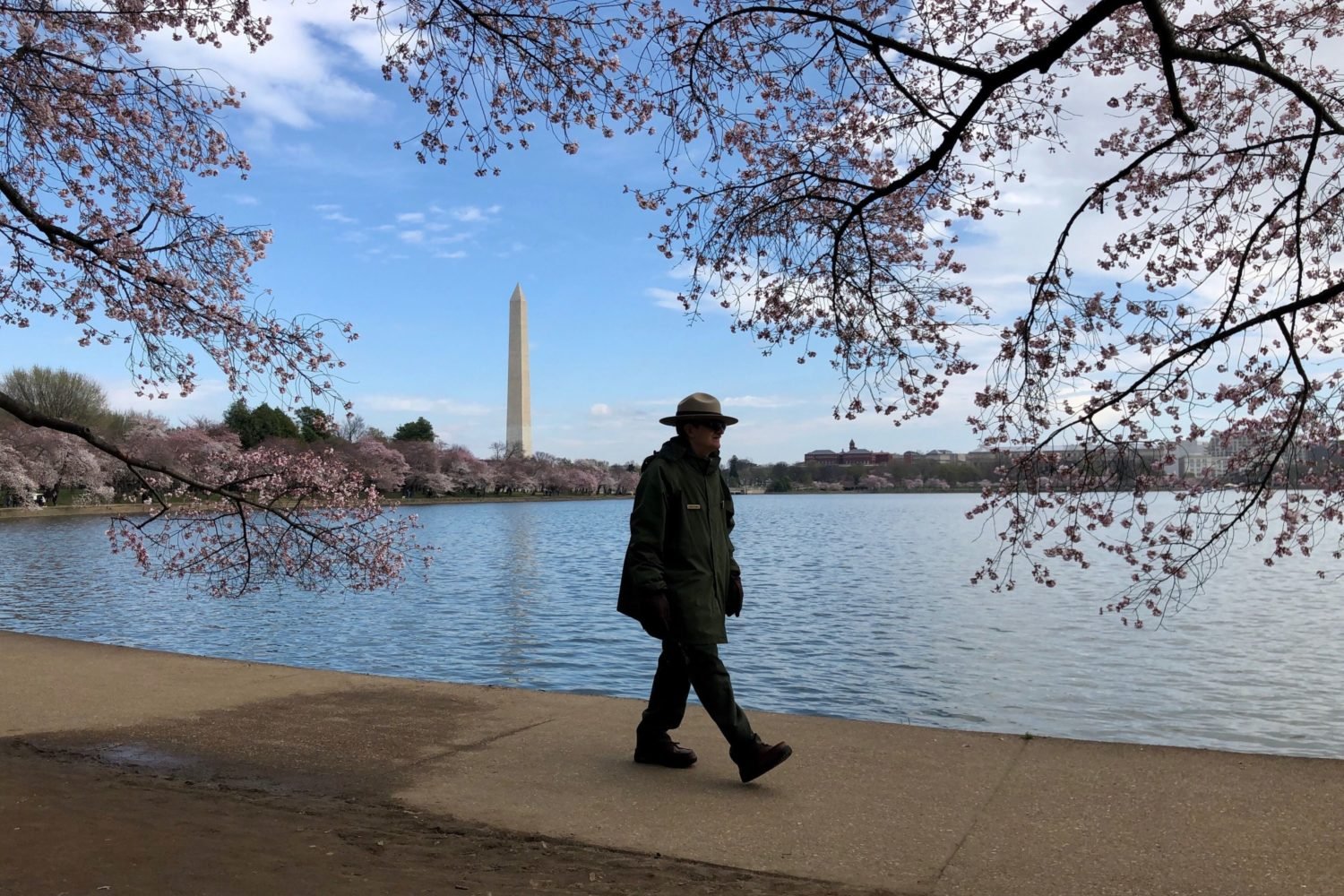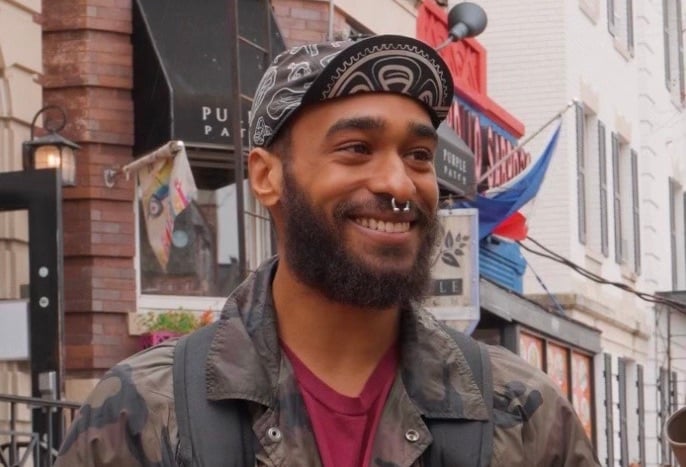About Coronavirus 2020
Washingtonian is keeping you up to date on the coronavirus around DC.
Stephen L. Hoffman is the CEO of Sanaria, a Rockville-based company dedicated to developing vaccines against malaria, and a veteran infectious-disease specialist. He’s published more than 430 articles in scientific journals and served as president of the American Society of Tropical Medicine and Hygiene. We asked him what daily precautions he’s taking to avoid contracting Covid-19.
Grocery Shopping
The whole process has undergone a gradual ratcheting up to an abundance of caution. Two weeks ago, [my wife and I] were going to the grocery store, avoiding people, and so on—not paying a huge amount of attention to wiping off everything. Then, a week and a half ago, I started washing my hands multiple times during our visits—even going into the restroom in Whole Foods to wash my hands—and I was carrying hand sanitizer with me. The next time I go [to the grocery store] I would wear gloves. Right now I am also being careful with my clothes. If I were to go to the grocery store, I would come home and take off my clothes and have them washed immediately. I haven’t seen any reports that anybody’s found the virus on people’s clothes. It’s only out of an abundance of caution at this time, when we don’t know what’s going on. And I figure that if we do this for two or four weeks—if you actually had everybody doing this—it’s going to have a dramatic impact on the curve. [The virus] still will be there, but what we want to do now is impact that flattening of the curve.
Takeout Food
For the first time, on Sunday night, we picked up pizza. And I organized the pickup so that it would be late, when there was nobody [at the restaurant]. I pulled up to the pizza place, and there was one [employee] who was staged by the second door, next to the entrance. I had paid for it in advance. I wore gloves, and for the first time in this entire [pandemic], I wore a mask to go in there. I had put a plastic garbage bag on the back of our car, which is kind of a mini-SUV, and I put the [pizza] boxes in there. When I got home I put the gloves on, wiped the boxes off—with a Clorox wipe—and then [the pizzas] went straight into the oven at 250 degrees for 10 minutes for the coup de gras, we would hope.
These measures are really out of an abundance of caution. You have to understand that I’m 71 years old. I am in the high-risk group here. I can tell you that others who are experienced in this arena, and a bit younger, are less attentive to some of the the things that I’ve talked about.
Exercising
Until the gyms were closed, and until my sons started screaming at me, [my wife] and I were going to the local gym but being careful with wipes and things like that. And then about a week and a half ago, we decided that any kind of exercises that were floor exercises or holding weights in our hands or things like that, we would do here, at home. But we would go to the gym to go on the elliptical or the stair climber. Very limited contact with the surface. Now, [the gym is] closed. So we are exercising every day. We started running a bit [outside], and then we are doing stuff in our house. Yesterday I ran, and there were like six people or eight people in front of me on the path with a dog. It was a little tight. So I cut off and went in another direction. I’m mindful of that.
Opening the Mail
Again, it’s an evolving thing. The goal here is to get through this. And you just don’t know. There was just a paper in the New England Journal of Medicine that says that the virus, albeit at lower numbers, can survive on stainless steel and plastic for three days, and on cardboard it goes away within 24 hours, which probably means that on paper it also does. So initially, I had been going out with normal hands, just getting the mail and taking it inside. Then, I was sanitizing my hands and wiping off the mail and getting rid of [the junk mail] in a trash can right at the mailbox. Now, I actually get the mail with gloves on, discard 90 percent of it [in the trash can], and then open [the remaining 10 percent] with the gloves on. And if I want to keep something, then I bring it in the house and wipe it off. And I’ve been putting [the mail I do want to keep] aside so you don’t even have to look at it or touch it for a day or so. So it’s actually segregating it. I get that this is really perhaps going overboard, but what’s the big deal? It doesn’t cost me a damned thing to do it.
With the packages, I would receive them with gloves. Wipe them down on the outside with one of these Clorox things. I might have them sit in the garage for a few days and then open them. And then, if there is something that looks suspicious in there, wipe it down. Now I can tell you that my wife, who has also spent her whole career working on infectious diseases, is less anxious and less fanatic about this than I am. So she did get something, some clothes that she ordered, and she didn’t do [what I am suggesting]. And I have tremendous doubt that we are going to be getting coronavirus through Amazon packaging. Again, at this point, when we don’t understand what’s going on, we want to reduce all possible ways [of potential transmission]. And what’s the downside of it?


![Luke 008[2]-1 - Washingtonian](https://www.washingtonian.com/wp-content/uploads/2017/10/Luke-0082-1-e1509126354184.jpg)
















